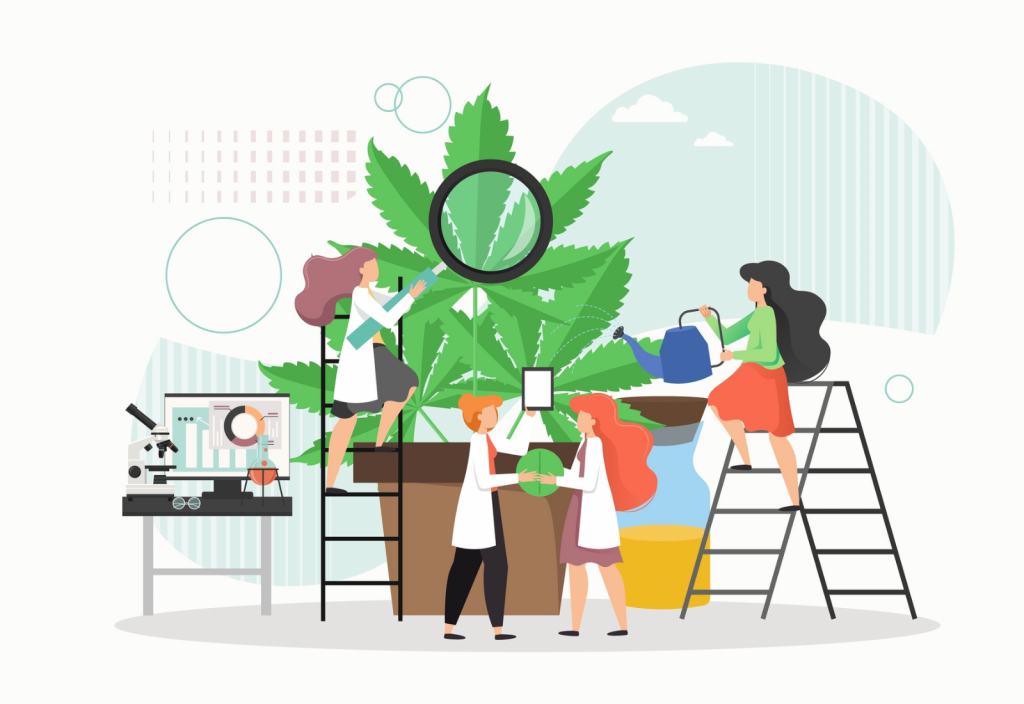
In April 2022, new Washington State Liquor and Cannabis Board (LCB) cannabis pesticide testing final rules took effect. Under the rules, cannabis flower and intermediate products must undergo contaminant testing. The rationale for the is consumer safety – which seems like a legitimate concern given that recreational use cannabis producers were previously not required to test for pesticides at all. Indeed, one cannabis testing laboratory released a white paper earlier this year claiming that cannabis pesticide contamination is a serious issue in Washington, especially for concentrates that, when tested on an “off the shelf” basis in 2018, had pesticide failure rate as high as 40%.
While the LCB’s goals may be sincere, they will have some pretty significant effects on the industry. In this post, we outline what we think are the two biggest ones:
Cannabis pesticide testing is now required for cannabis flower and all intermediate cannabis products that are used in the creation of end products like cannabis extract and concentrates; and Lots, batches, and (“theoretically” according to the LCB) harvests that fail pesticide sample testing may no longer be remediated and those that fail must be destroyed.
Strangely, while it appears that the new regulations allow for
Read full article on HarrisBricken


